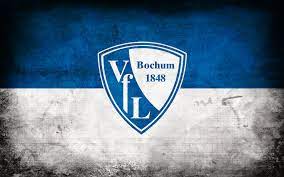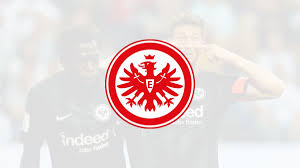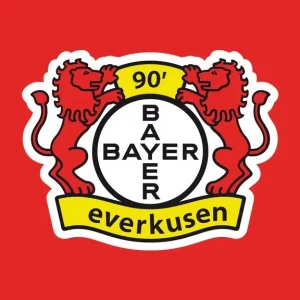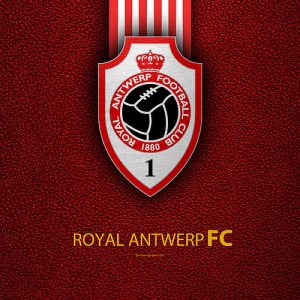Botafogo FR FC is one of the most iconic football clubs in Brazil, renowned for its rich history, passionate fanbase, and contributions to Brazilian football. This comprehensive article delves into the origins, notable achievements, key moments, and recent developments surrounding this legendary club. Whether you’re a long-time supporter or new to Brazilian football, understanding Botafogo’s journey offers valuable insights into its influence on the sport and culture in Rio de Janeiro and beyond.
The Origins and Early Years of Botafogo FR FC
Before exploring the modern era, it is essential to understand how Botafogo FR FC was founded and how its early years shaped its identity typhu88.
The Formation and Founding Principles
Founded on August 12, 1904, in the neighborhood of Botafogo, Rio de Janeiro, Botafogo FR FC emerged from a desire among local youth to establish a club that could compete at higher levels of football while fostering community spirit. The club’s name directly references the neighborhood, emphasizing its deep roots in local culture.
Initially, the team participated in regional competitions, gradually building its reputation through determination and skilled play. The founders prioritized sportsmanship, camaraderie, and excellence—values that remain core to the club’s ethos today.
Development Through the Early 20th Century
In its formative decades, Botafogo FR FC faced stiff competition from other Rio clubs like Flamengo, Fluminense, and Vasco da Gama. Despite these challenges, the club distinguished itself through its technical style of play and talented players.
During the 1930s and 1940s, the club began to amass titles at the state level, laying the groundwork for its national ambitions. Its development coincided with the professionalization of Brazilian football, which saw clubs adopting more organized structures and strategies Casino typhu88.
The Significance of the Club’s Identity and Culture
The emblem of Botafogo FR FC, featuring a black shield with a white star, symbolizes resilience and hope. The star, known as the “Estrela Solitária,” became an enduring symbol of the club’s aspiration for greatness.
Throughout its history, the club cultivated a distinctive playing style characterized by flair, technical skill, and attacking football. The club’s identity is deeply intertwined with its local community, fostering a loyal and passionate fanbase that continues to support the team through decades of ups and downs.





